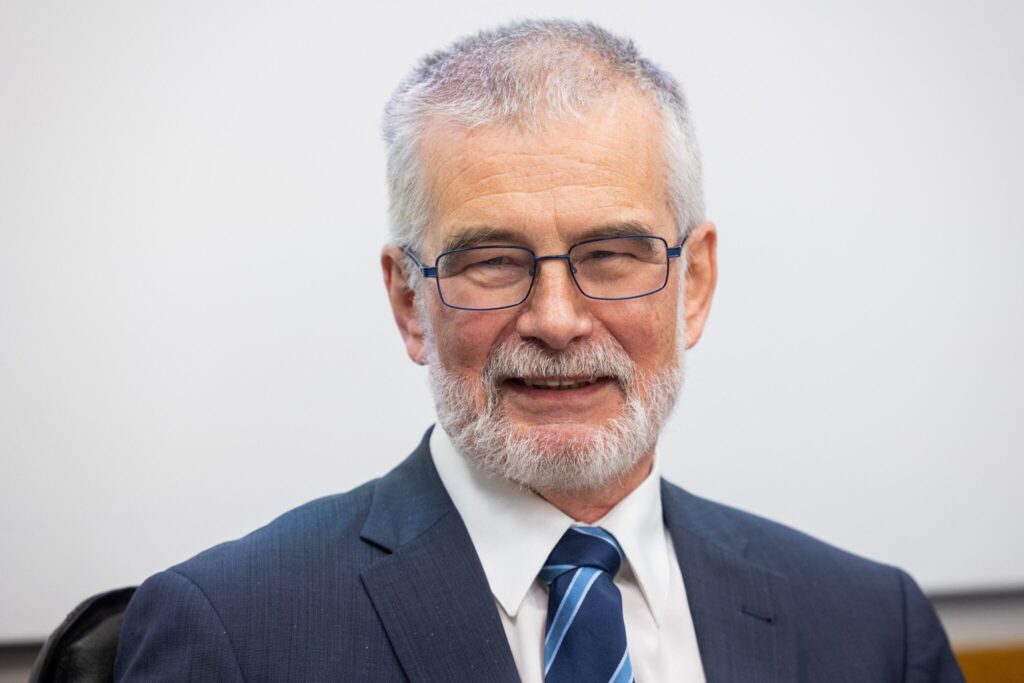The Dean of the Faculty of Medicine in Ljubljana has also spoken out against the proposed law on voluntary end of life. Igor Švab, an internationally respected doctor of family medicine, believes that the bill represents an unacceptable pressure on the medical profession and medicine itself. At the same time, he warns that the bill would enable a range of abuses, such as euthanasia mobbing.
“Doctors and medicine have never been opposed to sparing people suffering at the end of life. We have always tried to reduce it, and we will continue to do so in the future. The patient has the right to choose their own treatment, but it is true that ending life voluntarily in the way proposed by this law does not fall within the scope of medicine,” warns Dean Dr Švab. The legislative proposal was unanimously rejected by the faculty senate. The Faculty, or the Department of Medical Ethics, has prepared a position paper which clearly states that all medical organisations in the country are opposed to the bill, reports the media outlet Družina.
Dr Švab also says that he does not know the reasons why the drafters of the said law decided on a proposal that interferes so strongly in the field of medicine – without any prior proper communication with the medical profession. “However, I know that such a solution is not adequate, which is also shown by the fact that in other countries, they have decided on different solutions, according to which this service does not belong to the field of medicine and healthcare services. I hope that we will come to such a decision in Slovenia as well, that the dialogue will be extensive, long-lasting and will lead to some common position acceptable to the entire society, both medicine and everyone else and the public.”
Unexpected side effects
According to Dr Švab, the proposed law opens the possibility of serious abuses, such as the spread of indications for euthanasia and euthanasia mobbing. He predicts that if the law is adopted, it will be the doctors who will later have to answer for their actions before the judge, not those who proposed the said law. “I am very afraid that there will be abuses and problems, and that those who carried out such a procedure will ultimately be held responsible,” says the Dean, adding that experience from abroad shows that no safeguards have so far succeeded in preventing abuses. He mentions that in this area of legislation, we should follow the examples of Austria and Switzerland, where the solutions in place do not endanger patients, nor doctors, who could experience serious ethical distress because of the current version of the law, reports the newspaper Družina.
“The practice of euthanasia in the countries that have implemented it so far has shown that no safeguards can prevent abuses. The main safeguard against euthanasia and the voluntary ending of a person’s life (suicide) is that there is no law,” Dr Švab believes.
Ž. K.


